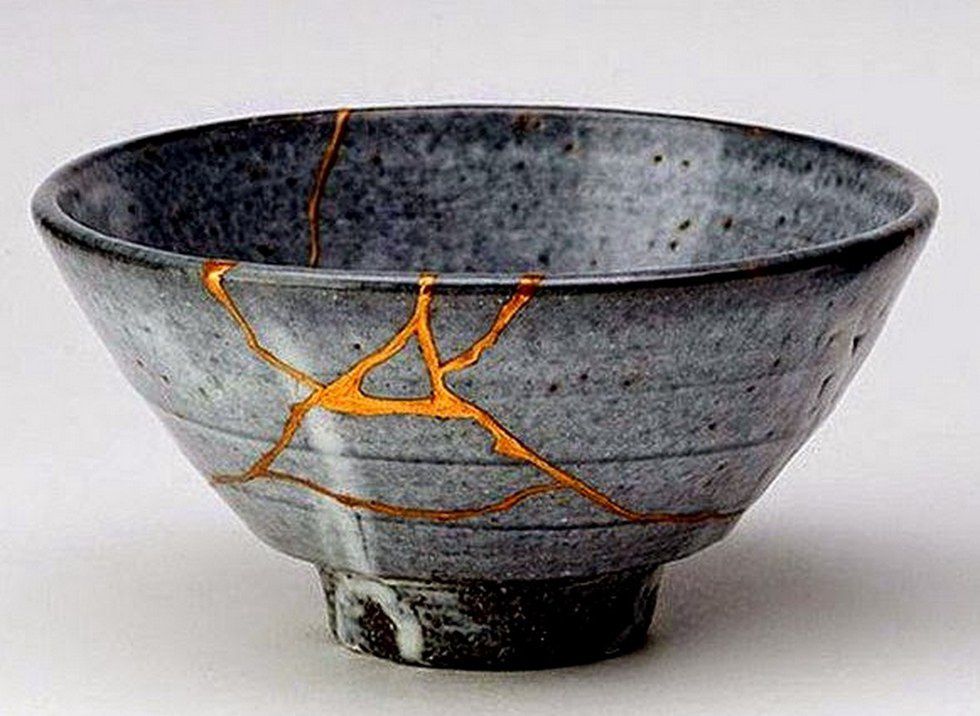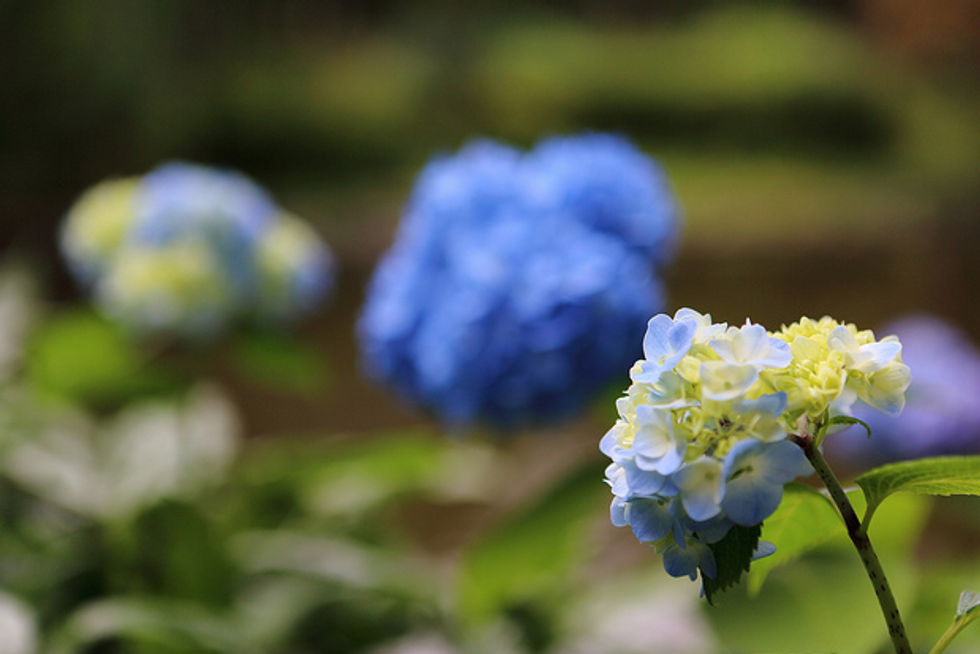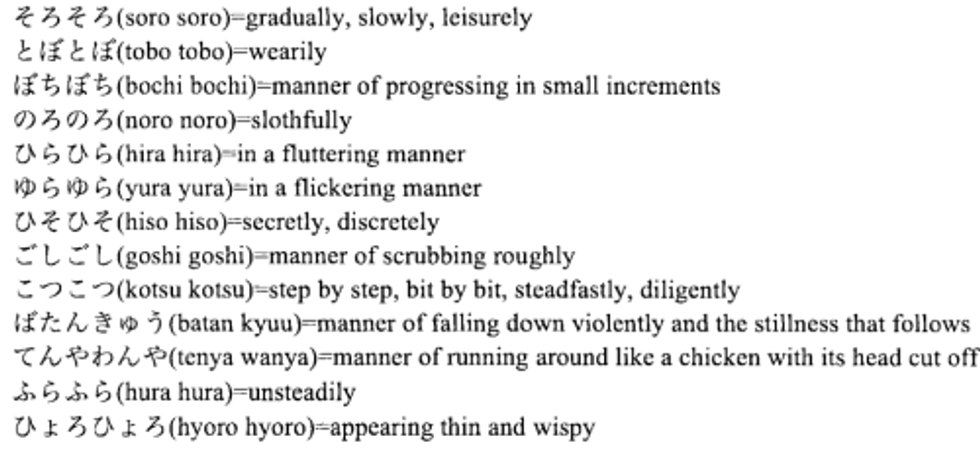Once, when I asked my friend from a small tribe in Burma how they would say “breakfast" there, she told me that they didn't have a word for it because they only ate twice a day--lunch and dinner. I happen to have a lot of friends who speak English as their second language and that made me realize that a language has a lot to do with its culture's uniqueness. Because of that, there are some untranslatable words.
In Japanese culture, people have a lot of appreciation towards nature and it is very important to be polite towards others. That politeness and the nature appreciation reflected on its language and created some beautiful words that are not translatable to English.
SEE ALSO: 20 Things Everyone Who Leaves Japan Misses
いただきます Itadakimasu
"Itadakimasu" means “I will have this." It is used before eating any food to express appreciation and respect for life, nature, the person who prepared the food, the person who served the food, and everything else that is related to eating.
おつかれさま Otsukaresama
"Otsukaresama" means “you're tired." It is used to let someone know that you recognize his/her hard work and that you are thankful for it.
木漏れ日 Komorebi
"Komorebi" refers to the sunlight that filters through the leaves of trees.
木枯らし Kogarashi
"Kogarashi" is the cold wind that lets us know of the arrival of winter.
物の哀れ Mononoaware
"Monoaware" is "the pathos of things." It is the awareness of the impermanence of all things and the gentle sadness and wistfulness at their passing.
森林浴 Shinrinyoku
“Shinrinyoku" ("forest bathing") is to go deep into the woods where everything is silent and peaceful for a relaxation.
幽玄 Yuugen
"Yuugen" is an awareness of the universe that triggers emotional responses that are too mysterious and deep for words.
しょうがない Shoganai
The literal meaning of "Shoganai" is “it cannot be helped." However, it is not discouraging or despairing. It means to accept that something was out of your control. It encourages people to realize that it wasn't their fault and to move on with no regret.
金継ぎ/金繕い kintsuki/kintsukuroi
"Kintsukuroi" is the art of repairing pottery with gold or silver joining the pieces and understanding that the piece is more beautiful for having been broken.
わびさび Wabi-sabi
"Wabi-sabi" refers to a way of living that focuses on finding beauty within the imperfections of life and peacefully accepting the natural cycle of growth and decay.
擬音語 All the onomatopoeia
English has onomatopoeia, but Japanese has far more. For example, we have “om-nom-nom" for eating and they have “paku-paku" for eating normally, “baku-baku" for eating wildly, “gatsu-gatsu" for eating fast, “mogu-mogu" for chewing a lot, etc. Doesn't it make your head spin? The onomatopoeia for that kind of dizziness is “kurukuru" by the way. The image above is showing some of those onomatopoeia.
As you can see, Japanese onomatopoeia is usually a repetitive sound. Although it might be a very difficult concept to understand, it adds a melody and an emotional meaning to a word. Japanese sounds poetic because of the onomatopoeia.




























